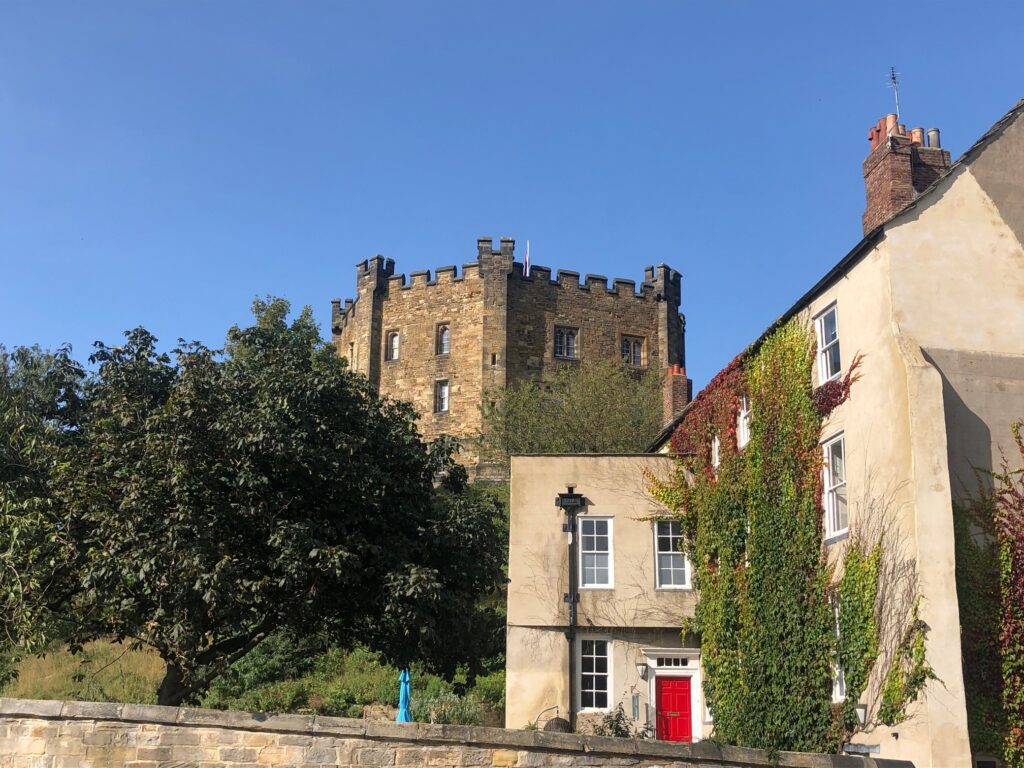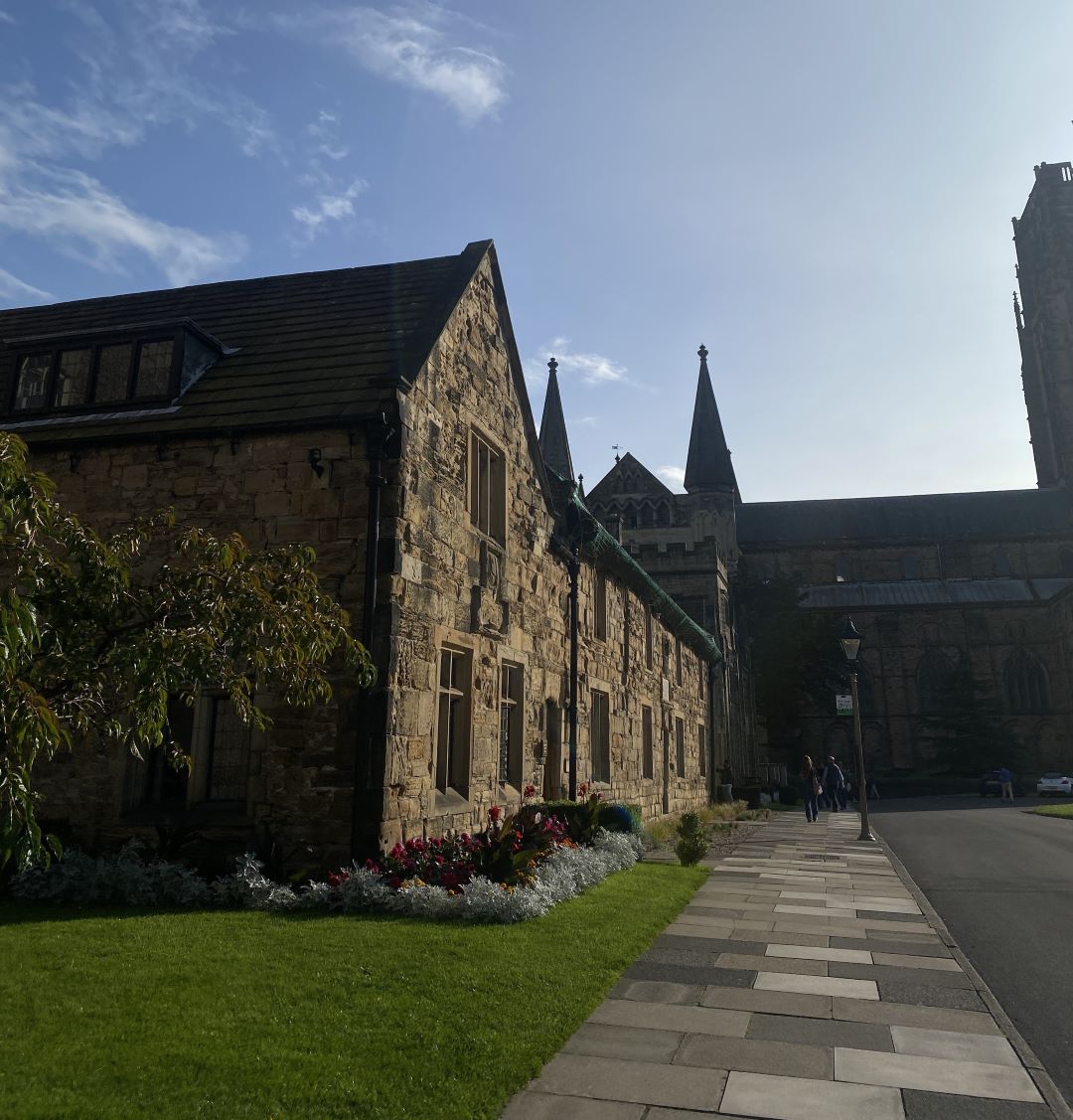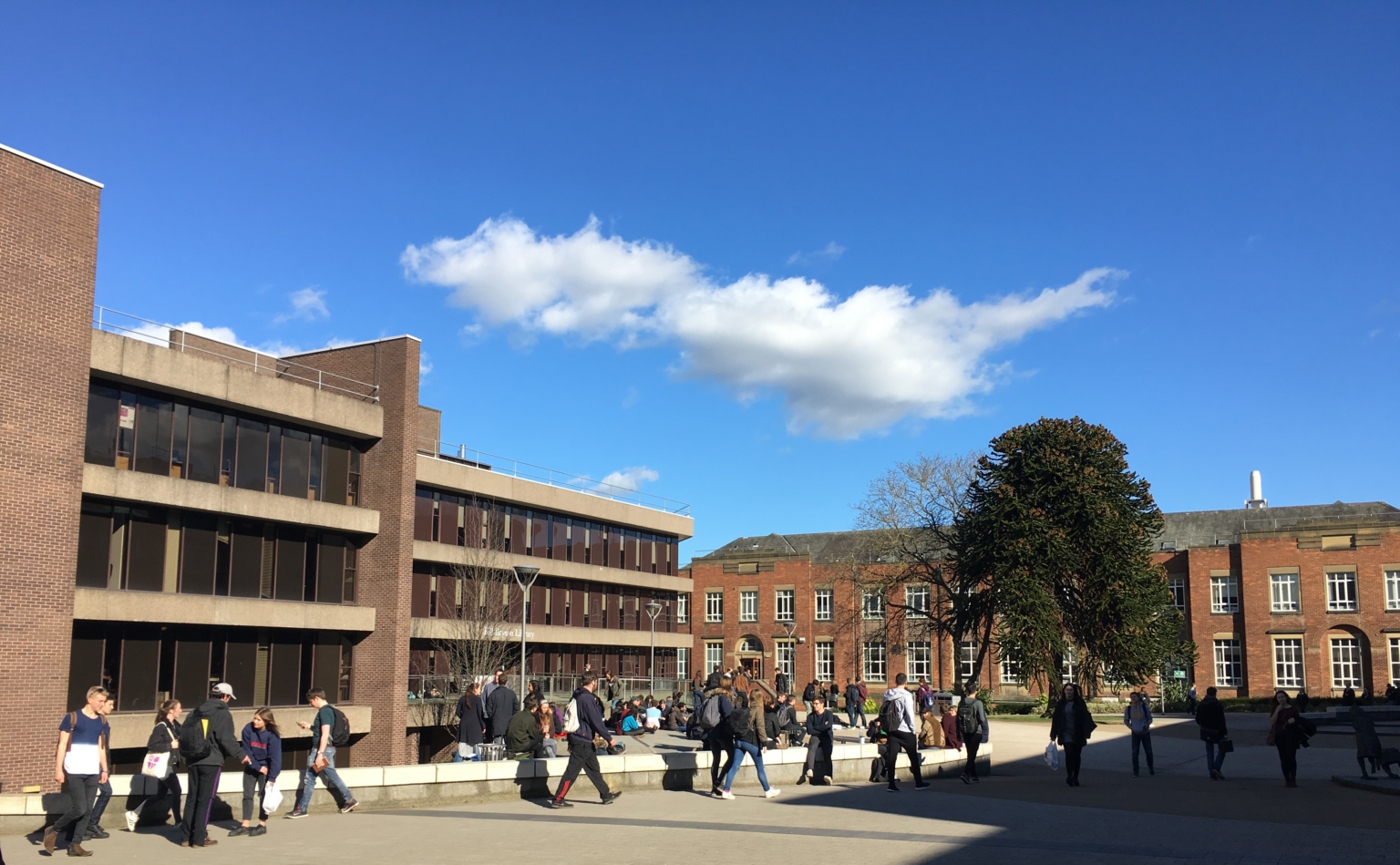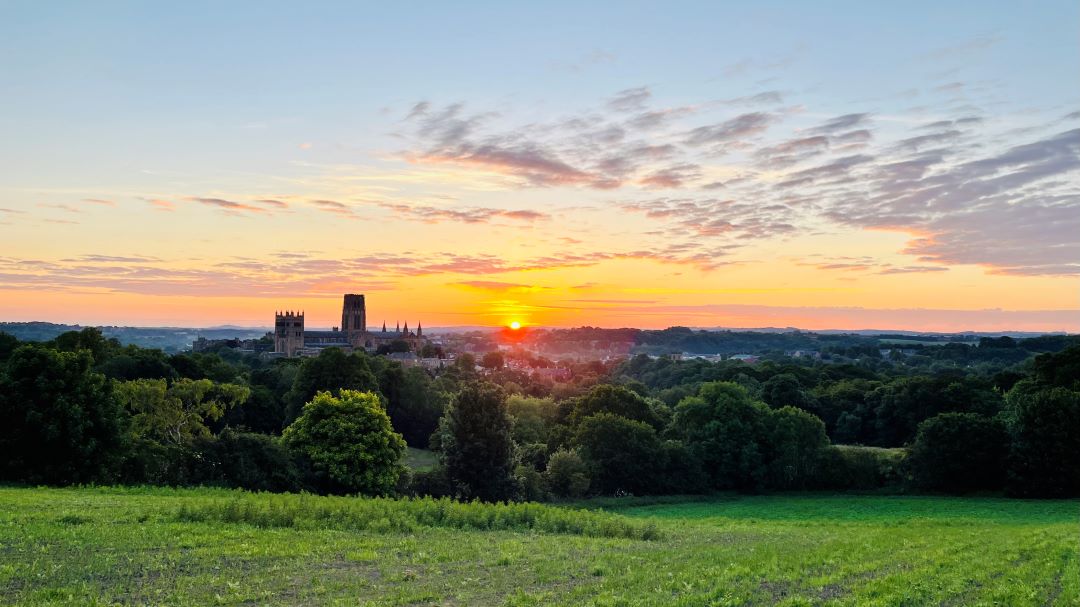This is a heart-to-heart letter for anyone who is still wondering whether they want to pursue a master’s degree or not, especially international students who have to travel a thousand miles overseas. I’m here for you today to give you a stepping stone of things that I didn’t really know much about or things I found that are different from what I’ve experienced in my home country and might be reassuring and help you. Here are the top 5 things that I wish I had known before doing PG so you could get prepared better than me last year!
To know what you don’t know
If Shakespeare was still alive, he might say something like ‘You should know what you don’t know (and be keen to find it)’ to all prospective postgraduates. Or, to say it in academic terms, you’d better have a research question! I was asked to choose a supervisor in my second week of the first term, but I had no idea of what I wanted to do yet, so it increased the chance to ask someone who might have a very different field of interest than what I wanted to do. Having a research question, therefore, will help you survive academically and mentally. You should know what you’re looking for before jumping into the field; otherwise, you might get lost and burn out more quickly.
The following question will be ‘how do I know what I want to do?’
You don’t need to have a concrete question yet. Just a broad field/topic of interest so you can narrow it down along the course when you learn many more new things that might help you build a clear and solid research question. Also, the faster you know what you want to do, the more time you’ll have to collect your data, find counter-arguments bit by bit, or even change the topic if you change your mind. So, you don’t need to wrap everything up in only 3 months of the last term. I am trying to say that having a research topic is a plus, but don’t be too strict with it. Just take it as a guide to direct you, but also don’t forget to stop by when you find something else that might interest you more so that you could reach your destination while enjoying the journey as well.
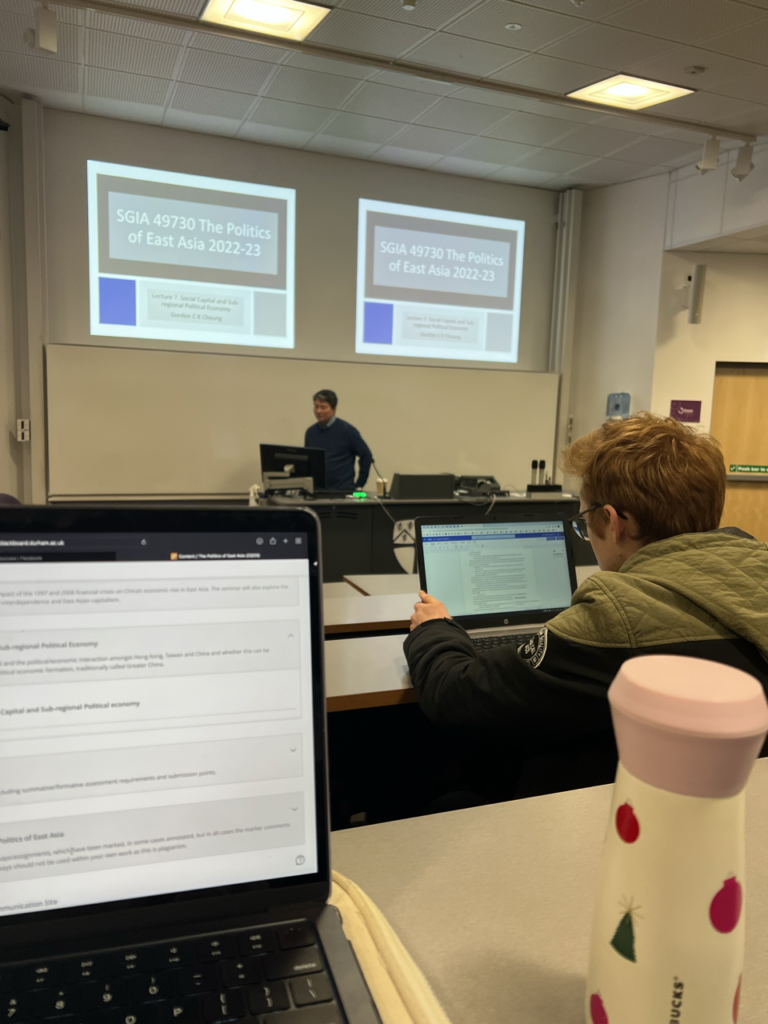
UK module style may be different
This one will be helpful for international students. Unlike my home country, Thailand (or most Asian countries, I assume), the courses here are divided into lectures and seminars. The lecture classes will be only 1-1.5 hours to typically give you a holistic idea of what the topics are. After that, you will have about 3 hours of seminar classes to discuss the details and share your thoughts further with lecturers and classmates.
You have to manage your time well to prepare for discussing the relevant topics in seminar classes, which are basically led by students. There are reading lists provided on Blackboard (our course website), and if you see more than 20 lists of books per topic, don’t freak out yet. I know it’s overwhelming, but you don’t have to read all of them.
Here is my trick to guide you through the first term. I will stick to the essential papers suggested by lecturers (already mentioned in the lists). Let’s begin with the abstract, grab a general idea, and scroll down to the conclusion first. This way, I can break down the broad arguments and evidence before reading the discussion part to fill in details and examples. And if you have some time left, to skim the rest is always a good idea. Use the same strategy (reading the abstract and conclusion to see whether it aligns with your current argument. If it differs from your position, it’s time to scan the discussion part and see which points or counter-arguments they disagree with and what you will argue back). It might sound like a lot of things to process, but trust me, after a few times, you’ll enjoy and have fun with it (PS. I’m not a nerd, but it really does!).
How should I prepare for a different course to my undergraduate?
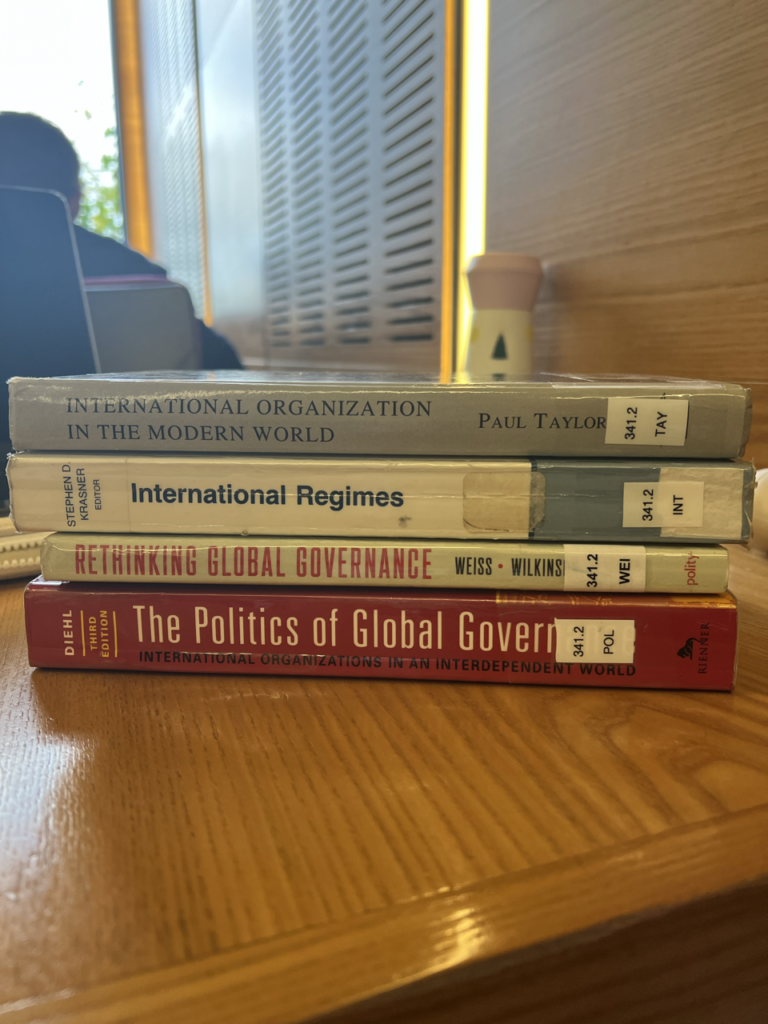
Should I read all the recommended books? Taking an extra course or reading a research paper before the beginning of the semester? As someone who graduated with Arts and continued with a Politics degree instead, I’m not going to lie that you might need to make more effort to get familiar with the contents; however, to absorb all information is risky to leave out your own thoughts. Reading a lot of stuff might be too overwhelming, and you probably end up understanding nothing. I would say walk at your own pace and assume content while not leaving your opinions behind so you can know what content you need to read further to enhance or counter your assumption. I am sure you won’t be the only person in class pivoting different areas from the previous degree. More than half of my classmates also studied something else in their bachelor’s, and it’s definitely fun to combine and bridge your prior knowledge with the recent one. You can learn many more new things at the same time, so don’t worry at all!
Should I live in a postgraduate only college?
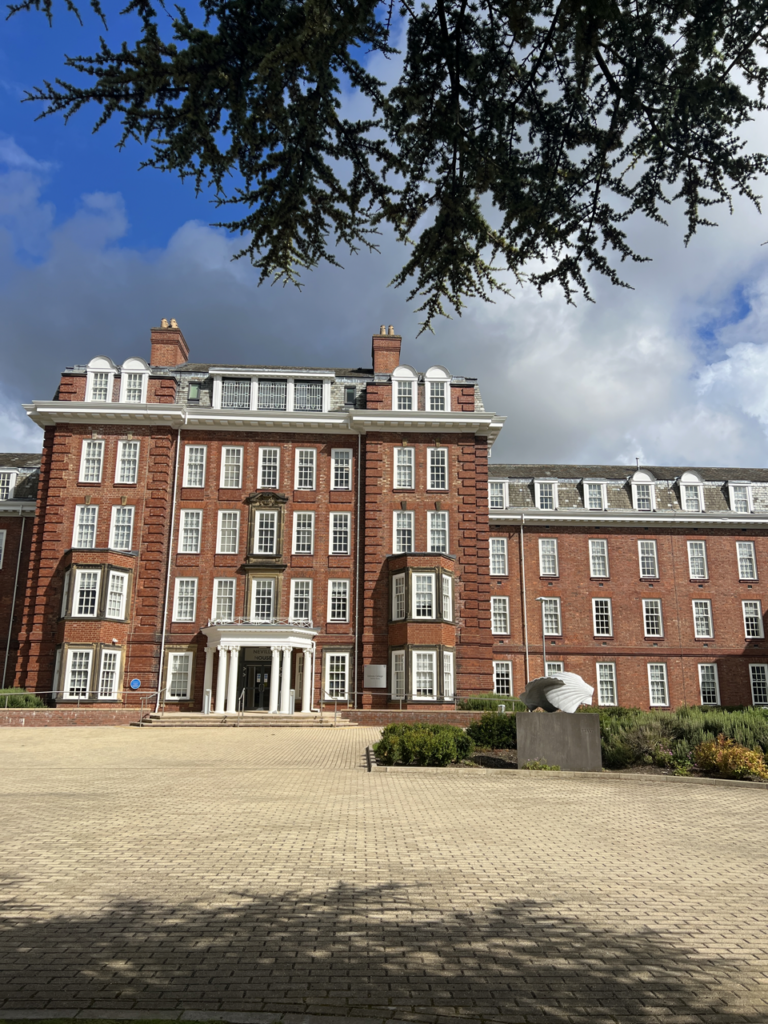
Apart from academic questions, the lifestyle is also a vital matter. Durham has a PG-only college, Ustinov College. Firstly, ask yourself whether you want to live in or out? There’s a difference in prices, location, and lifestyle that needs to be considered. I’ve asked my Ustinov friends, and I think a significant difference is the environment. Living in a PG-only college is quieter, and you will undoubtedly have more chances to meet postgraduate students than other colleges, so it depends on your lifestyle. From my experience, I’m an international student who flew here alone and didn’t have any friends living here before, so living in a mixed UG & PG college helps me a lot to find new friends through college activities. However, you can also meet other people, even if you live out. All Durham students are a member of their colleges, so all events are welcome to join. Also, you can be a member of MCR (middle common rooms) if you want to meet more postgraduate students in your college, a group of final year or senior representatives running activities for postgraduate or senior students.
There is no place where you can feel free to fall than university
Remember that we’re back here as a student, so I sincerely suggest we try many new things and let’s fall as much as possible. If things don’t come out as you expected, don’t panic.
You’re just going to do something new, and you might not be good at it, or it might not actually give you what you want. Just don’t be too hard on yourself. We’re here to learn, and knowing things we don’t like is as important as knowing what we do like. It’s only got us closer to who we are and truly like. The university is here to help us, so take advantage of the opportunities they offer as much as possible (chat with the course coordinator, go to the university fairs, career centre, or join the activities from the well-being’ group and consult with them). I bet you, being a student is actually the best time of your life.
Discover more
About postgraduate study here
Find out more about Durham student life by following our students on Instagram, TikTok and YouTube

